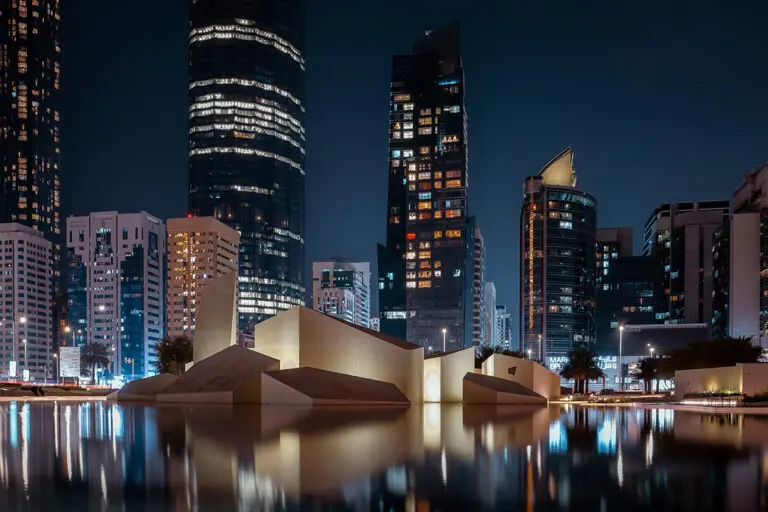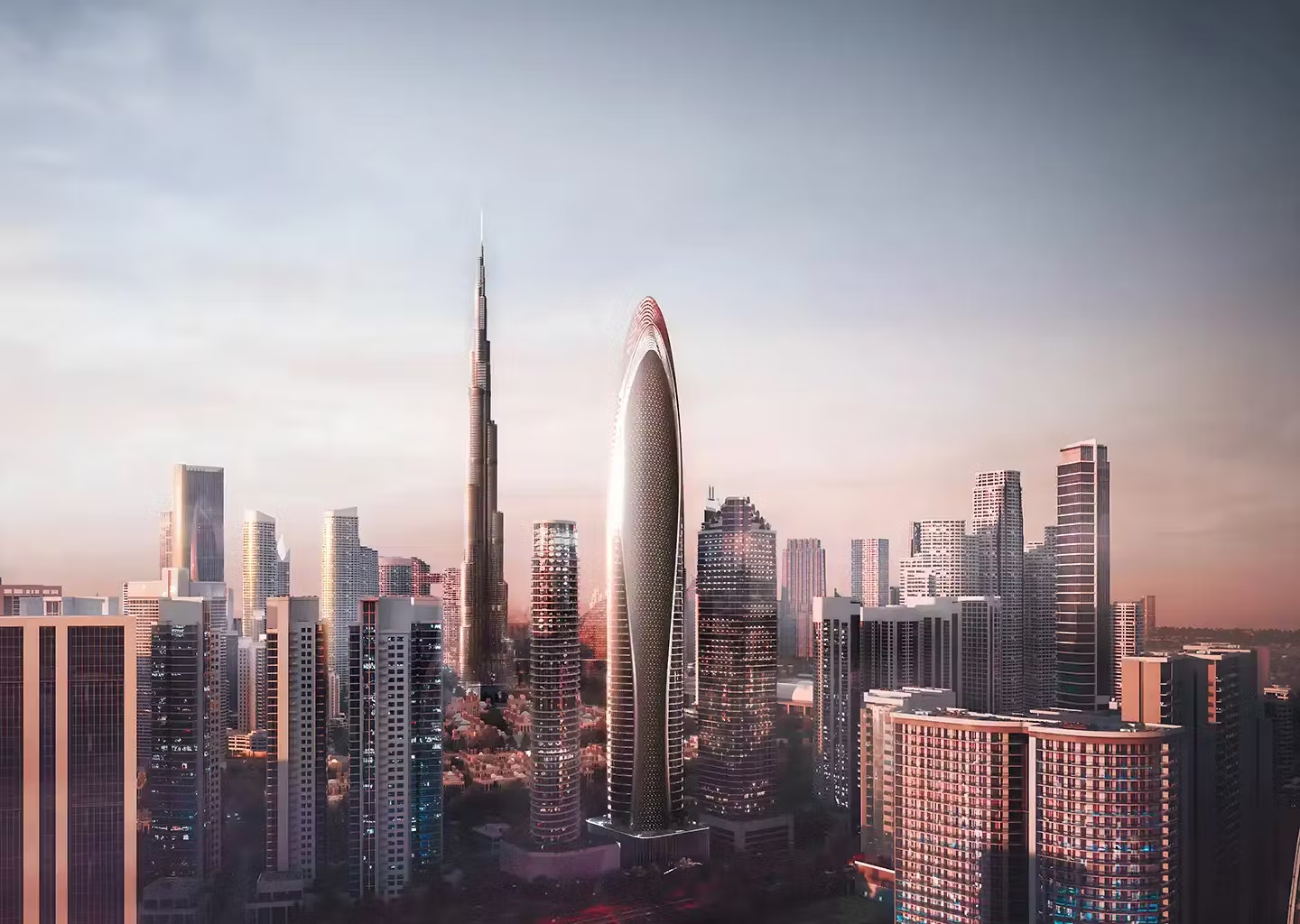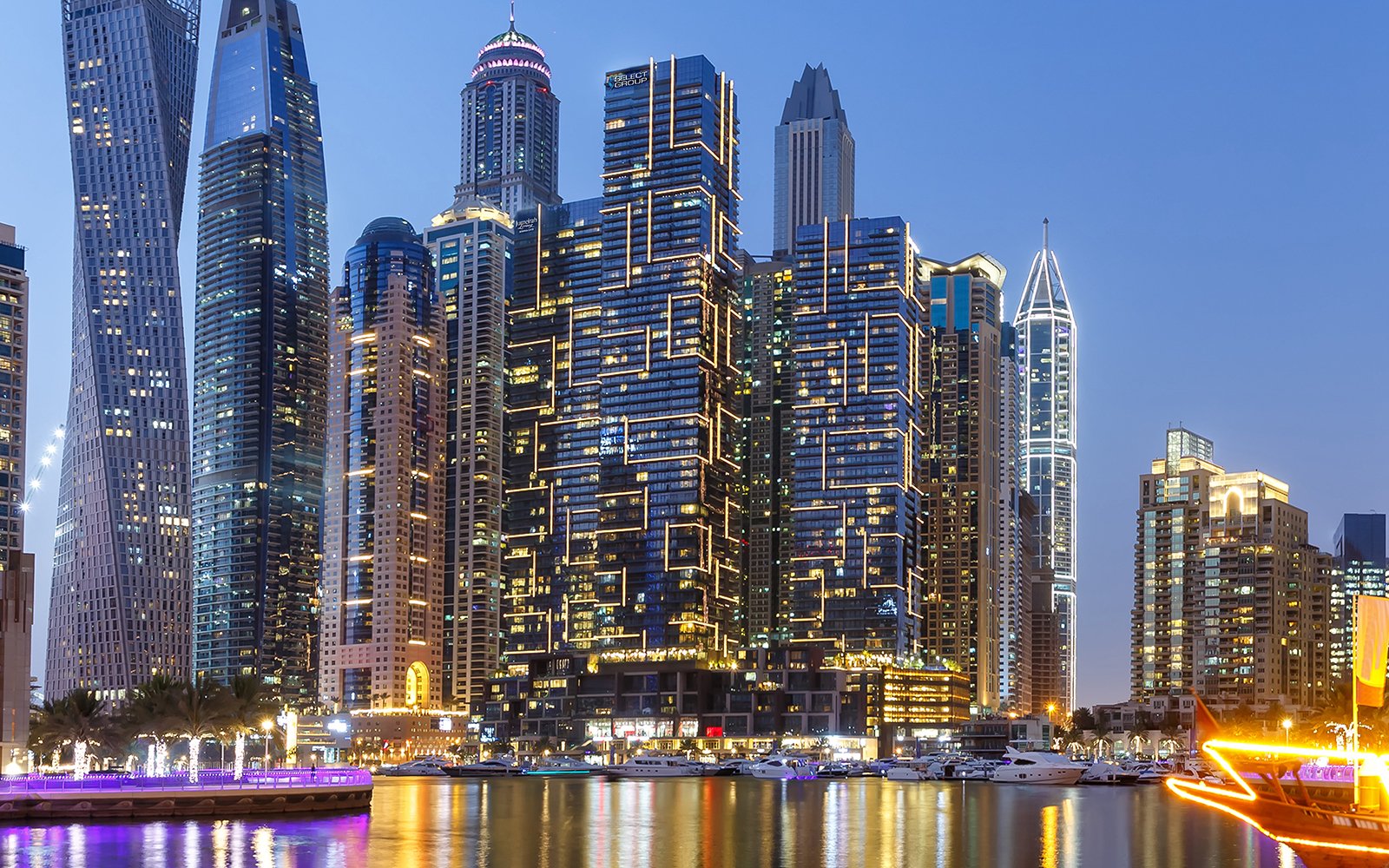Dubai’s sustained investment in transport and mobility infrastructure has become a powerful catalyst for real estate appreciation, according to a comprehensive analysis released as the RTA marked its 20th anniversary on Sunday.
The McKinsey study found that proximity to metro stations and major highways remains a primary driver of property valuation. Neighbourhoods with direct access to Dubai’s transport network—including Downtown Dubai, Dubai Marina, and Business Bay—recorded price gains significantly exceeding overall market averages. Over 16 years, the Dubai Metro alone has reduced travel distances by nearly 29.8 billion kilometres, easing congestion and improving mobility between business and residential districts.
Since 2005, Dubai has invested AED 175 billion in roads and transport systems, generating AED 150 billion in revenues and saving AED 319 billion in fuel and time costs. During this period, RTA’s projects have contributed AED 156 billion to Dubai’s GDP, while property values rose by approximately AED 158 billion as a direct result of enhanced connectivity.
Environmental and Health Benefits
Over the past 15 years, increased reliance on the Metro and public buses, coupled with reduced congestion, has avoided more than 9.5 million tonnes of carbon dioxide emissions. The RTA stated this reduction equates to several billion dirhams when measured against global carbon credit trading rates and has directly improved public health by reducing respiratory and cardiovascular illnesses.
The Dubai Metro and Dubai Tram network extend over 100 kilometres across the emirate. The upcoming Dubai Metro Blue Line—a 30-kilometre extension with 14 stations—will serve six key districts with a projected population of one million residents by 2040.
“Dubai is also preparing to enter a new era of sustainable mobility in 2026 with two world-first initiatives: the operation of autonomous taxis and the launch of the aerial taxi service,” said Mattar Al Tayer, Director General and Chairman of the Board of Executive Directors of the RTA. “These will reinforce Dubai’s global leadership in future mobility.”
Global Performance Metrics
The study estimated the internal rate of return on RTA’s investments at 5 per cent, with total cash returns projected to exceed AED 254 billion by 2050—described as exceptional within the global transport sector. Over the past decade, RTA’s work has attracted more than AED 32.4 billion in foreign direct investment, particularly across logistics, distribution, and transport services.
Dubai’s infrastructure delivery efficiency also stands out globally. The average annual length of road lanes built by the RTA reached 829 kilometres—double the global average of approximately 400 kilometres annually.
The RTA is currently testing autonomous taxis with the objective of achieving 25 per cent of total mobility in Dubai through autonomous transport by 2030. Dubai has also commenced trial flights for air taxis, with a network of vertical take-off and landing stations set to be established across the city by next year.
The findings underscore how strategic transport investments have become fundamental to Dubai’s long-term economic growth, directly enhancing property values and attracting sustained foreign investment across multiple sectors. Commercial property sales hit AED 30.4 billion in Q3 2025, reflecting continued investor confidence in the emirate’s real estate market.



